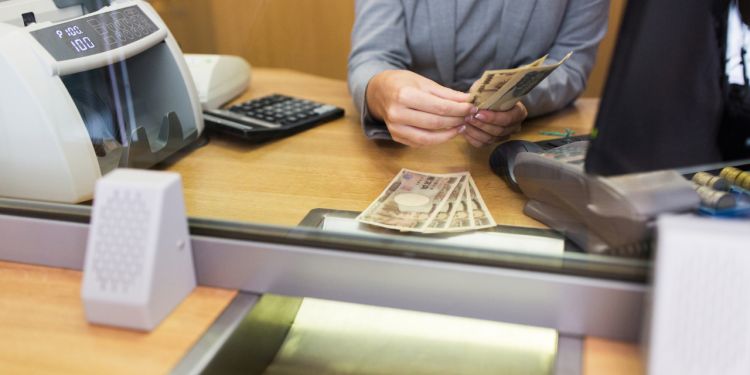Opening a bank account in Dubai

In Dubai, opening a bank account is not complicated. You simply need to ensure that you meet some of the documentation requirements. As an expatriate living and working in Dubai, you will need a local bank account to receive your monthly salary from your employer. As soon as you receive your resident visa and work permit, you can start the proceedings to open a bank account.
Procedures for opening a bank account in Dubai
You will need to be the holder of a resident visa to be eligible for opening a bank account in Dubai. When selecting which bank to open an account with, you are advised to check their requirements, fees, and other procedures. Furthermore, open an account where a branch or ATM is nearest to you for convenience. It is also better if you ask your employer which bank they use so that transferring your salary will be quick and easy for them.
Important:
All banks in Dubai will require you to be physically present to open a bank account.
In general, you will have to produce the following documents :
- Original passport copy;
- Copy of your resident visa (proof of residence in the UAE);
- Emirates ID.
You may also ask the bank to send a representative to your home or office. This will save you a trip to the bank, and you can set the appointment at a time that's convenient for you.
Services provided by Dubai banks
Below are some of the benefits of opening a bank account in Dubai:
- Savings or current account in UAE dirhams;
- Interest rate;
- Free international ATM/debit card;
- 24-hour ATM access online and over the phone (landline or mobile).
For savings account holders, the minimum balance is usually 1,000 AED, 3,000 AED, or 5,000 AED, depending on the amount set by the bank. Check with your bank before opening an account. You can also benefit from different profit rates depending on the savings account you opt for, so keep this in mind when making your choice.
Banking in Dubai
There are various banks to choose from, each with different procedures and requirements. Bank fees and other services may also differ; therefore, make sure to enquire well before you make a decision. As the UAE is part of the Arab world, you can also benefit from Islamic banking services that are governed by Shari'a Law.
Another factor that can influence your choice is the proximity of ATMs to your usual environment.
Money exchange in Dubai
Exchanging foreign currency or money remittance is a common practice in the United Arab Emirates. Currency exchange bureaus are available everywhere. If you need to send money to your home country, you can use either these services or your local bank. When remitting money through currency exchange bureaus, you will be asked to produce a copy of your Emirates ID. The most popular bureau in the UAE is the Al Ansari Exchange.
Good to know:
Note that you must hold a resident visa as proof of your legal presence in the country to open a bank account.
Useful links:
Emirates National Bank of Dubaï
Regulatory authority for Dubai International Financial Center









